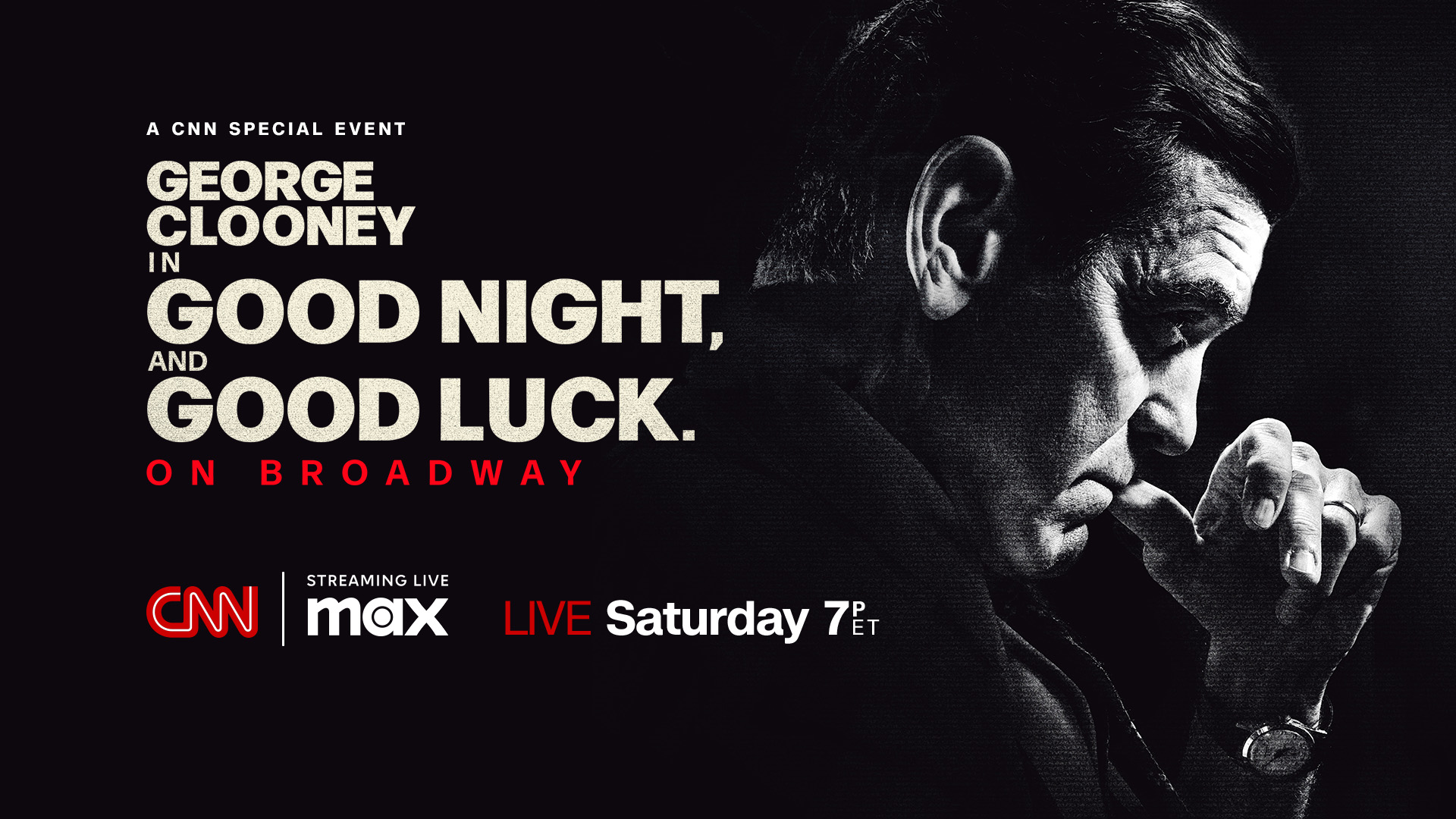Stephanie Busari: Build your network before you need it
Stephanie Busari is an Emmy, Gracie, and Peabody award-winning journalist and a force in African storytelling. With 25 years of experience in global media, including 16 years at CNN International, Stephanie pioneered the network’s first digital and multiplatform bureau globally. Through SBB Media, she is empowering organisations and leaders to amplify their impact. A passionate advocate for amplifying African voices, Busari led CNN Africa’s digital editorial and operational strategy during her tenure, mentoring and nurturing the next generation of African storytellers. In this interview, she speaks on her journey shaping global narratives on critical issues.
I’ve never really been driven by a desire to reach “the top.” What I’ve chased and continue to chase is purpose. From early in my career, I was acutely aware of how many voices were missing from the global conversation, especially African voices and women’s voices. That silence felt like an injustice. My greatest drive has been to fill that gap, to tell the stories that weren’t being told, to bring the unseen into focus, and to make the unheard impossible to ignore. I’m fuelled by the belief that storytelling is about power, dignity, and change. It’s taken me to some incredible highs, from receiving journalism’s highest honours (a Peabody Award, an Emmy, the Hollywood Gracie Award) to some of the deepest lows. One of the hardest moments of my career was reporting outside the site of a building collapse in Lagos, only to learn that my cousin, who was like a brother to me, was among the victims. This work has never been abstract for me. It’s personal. And that’s what continues to drive me, the responsibility and privilege of telling stories that matter.
There have been many powerful moments in my journey, but one thread that runs through it all is this: standing on the global stage at CNN while staying deeply rooted in telling African stories with integrity. Pioneering a digital bureau for CNN in Nigeria and running it for eight years as the first Nigerian to do so is a powerful moment. Building CNN Africa’s social and digital architecture over the years is also a standout moment. However, one of the most defining stories of my career is that of the Chibok schoolgirls. I’ve been covering it for 11 years now, and every time I try to step away, something calls me back. From obtaining the proof of life video that showed they were still alive and helping to kickstart negotiation talks that freed some of the girls, to becoming friends with some of the girls themselves and their families. It has become a human story that has profoundly changed me.
Last year, I went to Chibok for CNN to mark the 10th anniversary of the abductions. While reporting this story, I met one of the girls, Hauwa, who had lost her leg in a bombing while in Boko Haram captivity. She has lived with unimaginable pain for over a decade. After the report aired, I couldn’t just walk away. I reached out to Crystal Chigbu at the Irede Foundation, and we helped Hauwa get a new prosthetic leg. Her joy was overwhelming, but she is just one of many still living with the scars of that tragedy. Even now, I receive messages from the girls and their families, they have a desperate need as they cope with the trauma of their experiences. It reminds me that journalism doesn’t end when the cameras stop rolling. That’s why I’ve decided to launch the Chibok Fund, a long-overdue initiative to support women and girls who have been victims of the conflict in the northeast over the past 12 years. This story has shaped my career and my conscience. It has taught me that journalism is about showing up, again and again, with compassion, courage, and commitment.
These stories are everything. Without journalists willing to dig deep and stay on these stories long after the initial headlines fade, who holds power accountable? The Chibok story could have been a two-day news cycle, but persistent storytelling kept it alive and kept the pressure on the government. Lekki tollgate showed us how crucial it is to document truth in real-time. It goes beyond news stories. We are dealing with historical records and evidence. They’re the difference between truth and whatever version of events the powerful want to sell. In a world where narratives are often manipulated, preserving truth is one of the most powerful forms of accountability we have.
I am deeply grateful to the more than 40 extraordinary women who trusted me with their stories for Her Story. The biggest lesson I hope women take away is this: your story is enough. You don’t need to be loud to be powerful. You don’t need a massive platform to make an impact. While we featured high-profile women like Funke Akindele, Olori Atuwatse III, Betty Irabor, and my former CNN colleague Zain Verjee, many of the most moving stories came from women who aren’t in the spotlight, women who are quietly, courageously reshaping their communities and industries. One of the most powerful voices in the book is Yana Galang, the mother of Rifkatu Galang, one of the Chibok girls still missing after 11 years. Yana’s resilience is a reminder that even in unimaginable pain, there can be purpose and strength. A key message in the book is about taking root, in your identity, your values, and your purpose. That’s often the first and most radical step toward lasting change. These women acted with conviction, often in the face of enormous obstacles. Another truth I want every woman to carry with her: stop waiting for permission. The women in Her Story didn’t sit around hoping someone would invite them to sit at the table, they built their own. They weren’t deterred by failure either. What might look like a setback is often just a plot twist. Their stories inspire me, simply because they kept showing up, and kept evolving.
Journalists are the mirror, the conscience, and sometimes the fire. We help societies see themselves clearly, both the beauty and the brokenness. And especially in today’s world, where disinformation moves fast, journalists have a sacred role: to illuminate, to question, to remember. We’re basically the bridge between what happens and how people understand what happens. That’s a massive responsibility. In today’s world of instant everything and social media noise, journalists are the ones who can slow down, ask hard questions, provide context and help people make sense of their world. When we get it right, we can shift entire conversations. When we get it wrong, real damage happens.
We’re building more than a media company. SBB Media will be a home for bold African storytelling, a trusted partner for visionary leaders, and a launchpad for the next generation of journalists and filmmakers. We’re scaling storytelling labs, leadership coaching, and strategic media consulting across Africa and the diaspora. The vision is big, but so is the need. In the next few years, I see us becoming the bridge between African innovation, storytelling and global recognition. We’re building a team that understands both local nuance and international reach. The goal is simple: when someone has a story that could change perceptions about Africa, about women in leadership, about innovation, they come to us.
Find your non-negotiables early. What are you willing to compromise on, and what will you never budge on? For me, authentic storytelling was non-negotiable, even when it was harder. Also, build your network before you need it. Those relationships you nurture when you have nothing to offer often become your greatest support system. And please, document and share your wins, even the small ones.
I mentor, but more importantly, I hire them. I created the first internship programme for CNN in Nigeria and many of the early interns I hired are now working for global platforms. We were able to achieve so much with so little. I am so proud of those early team members. Nothing beats giving someone their first real shot. I also speak at universities whenever I can, not to give them theory, but to show them what’s possible. I share my failures as much as my successes because they need to know that everyone who’s made it has also messed up. I show up fully and authentically and I am creating the SBB Storytelling and Journalism Academy, to fill the skills gap that exists on the continent. I want to share 25 years of expertise in international media and crucially ensure that the next generation of storytellers and journalists are equipped to tell our stories with excellence.
“Tell the truth, even when your voice shakes.” It’s about having the courage to say what needs saying, especially when it’s uncomfortable. This mantra has underpinned my journalism. The truth has a way of creating space for others to be truthful too, and that’s how real change starts.


:max_bytes(150000):strip_icc():focal(749x237:751x239)/tom-daley-060625-1-5cb0a2da9d9e4951be91507dd1ae7c27.jpg)








